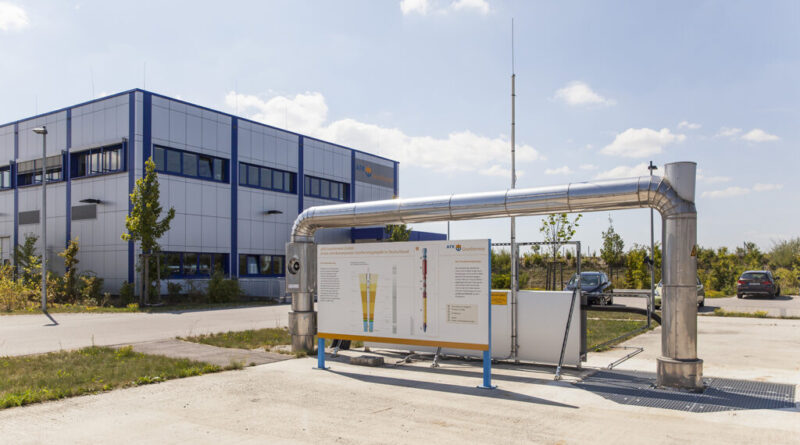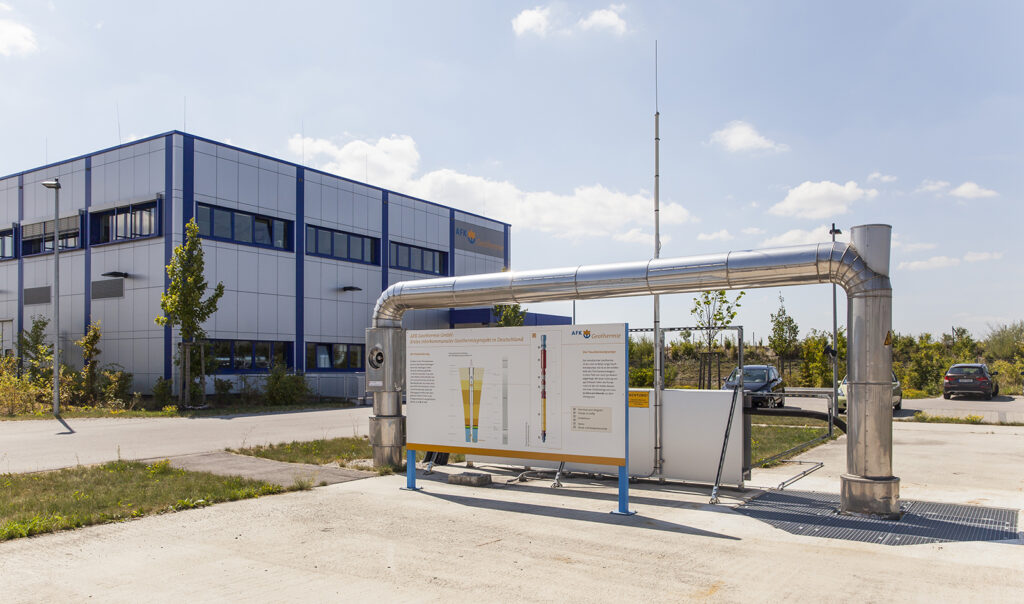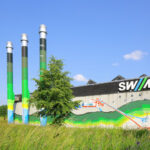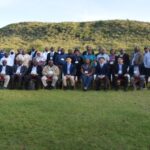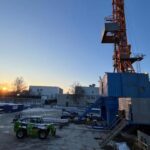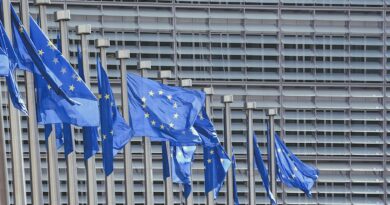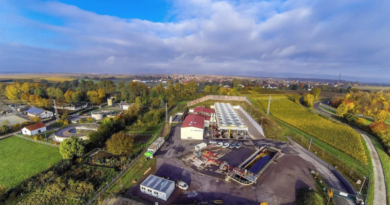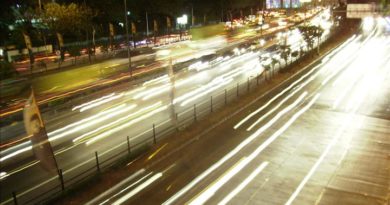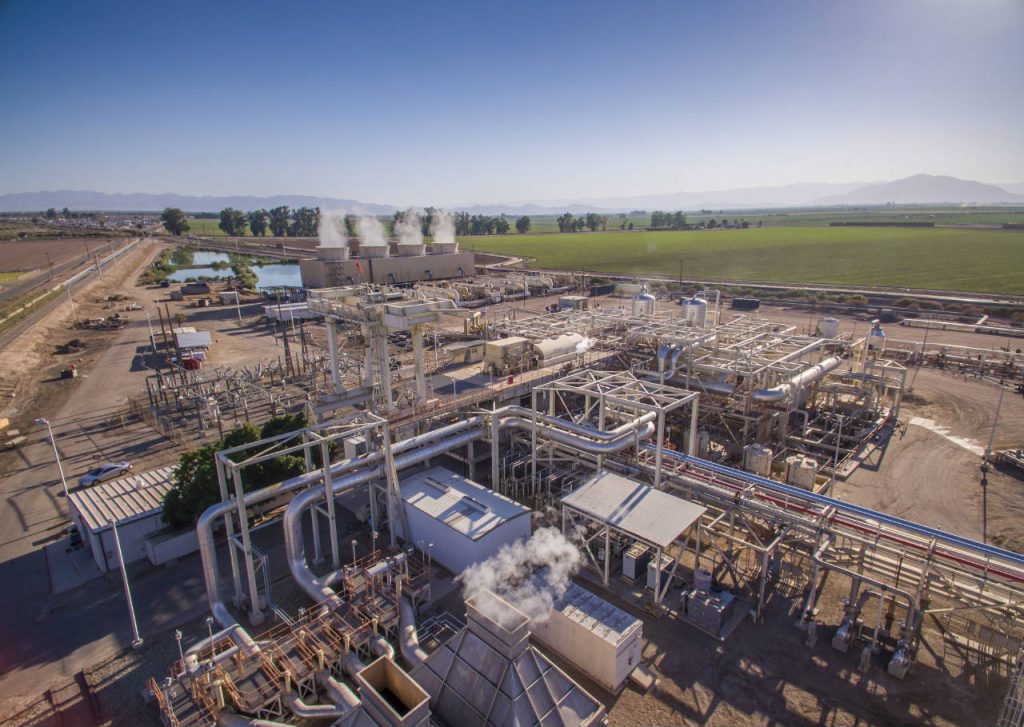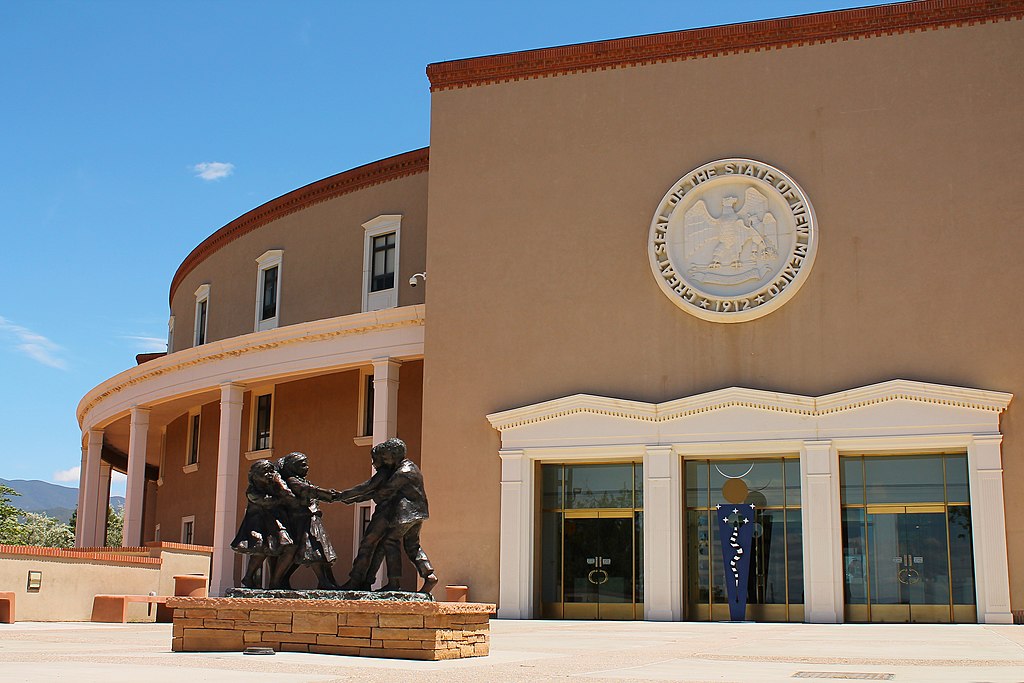Eastern Munich geothermal expansion to proceed despite financing challenges
Energy Disrupter
Plans for drilling and heating network expansion of inter-municipal AFK Geothermie in Germany will proceed despite difficulty in securing state funding support.
The joint geothermal company AFK Geothermie GmbH, the first inter-municipal geothermal energy project in Germany, has long called for support for the expansion of their geothermal heating network. However, the Free State of Bavaria has not provided the funding support needed to help the company secure loans.
“Everyone is talking about geothermal energy, the projects are politically desired. But then you have to support the communities too,” said Managing Director Martina Serdjuk.
The geothermal company AFK GmbH was founded in 2008 by the communities of Aschheim, Feldkirchen, and Kirchheim in Eastern Munich. It is currently supplying 1600 customers across all three communities with geothermal heat. However, the AFK wants to connect more customers to its network. To do this a second doublet must be drilled.
Plans for expansion had already been discussed a few years after the company had been founded. However, the uncertainty caused by Russia’s attack on Ukraine created a panic that accelerated these plans. There was a demand for geothermal like never before, and AFK was overrun by requests. Thus, the limit for their district heating network was reached faster than expected.
External financing needed
The plan now is to drill a doublet to a depth of 2.5 kilometers where temperatures of around 90 °C are expected. Serdjuk expects that this will cost EUR 25 to 30 million. Discussions are already underway with sources of external financing for this project.
However, communities are finding it difficult to secure the collateral needed for such a loan. Withdrawal of funding of the Free State has further made this more challenging. Earlier this year, state subsidies for geothermal were cut following the opposing votes from representatives of the Free Voters, CSU, and AfD.
“There are currently 40 percent subsidies through the federal BEW funding, but 60 percent of the costs are borne by the municipalities. This is why a guarantee program is so important,” said Claudia Köhler of the Unterhaching Green Party.
Soldiering on
Despite the difficulties, Serdjuk still believes that the second doublet can be put into operations by 2027. Expansion will also have to be done beyond drilling – the headquarters and heating network must also be expanded.
A survey is currently underway to gauge the interest of citizens in connecting to the future geothermal heating work. Information from this survey will then help in developing a plan for which streets can expect and a connection and when this will happen.
Serdjuk and the team at AFK have plenty of working ahead of them, but the managing director is firm in her belief that this will be worth it.
Source: Süddeutsche Zeitung (1 and 2)

